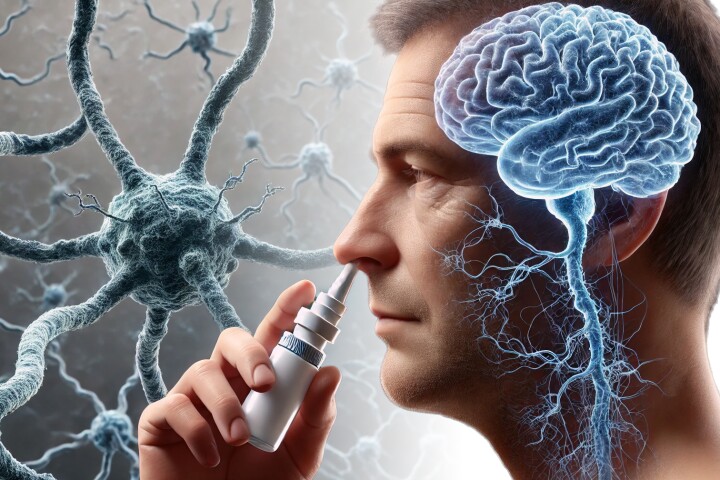Injecting antibodies from a healthy person into someone suffering from rheumatoid arthritis can reduce inflammation and slow bone degeneration, but how this occurs has remained largely unknown until now. Researchers have uncovered the molecular pathways underlying this process for the first time, opening the door to new treatments for autoimmune and inflammatory diseases.
Autoimmune diseases like rheumatoid arthritis (RA) occur when a person’s immune system mistakenly attacks their own body. In RA, the immune system creates autoantibodies that launch an attack on the lining of the joints, leading to pain and swelling, bone erosion and joint deformity.
The most abundant type of antibody floating around in our bodies is immunoglobulin G (IgG). IgG is potent, uniquely able to link foreign particles to other immune cells in the body and kick off the inflammatory response. On the other hand, when IgG from healthy people is administered intravenously (IVIg) to someone with an autoimmune disease, it can exert an anti-inflammatory effect and, in people with RA, slow the self-destruction of bone and cartilage characteristic of the disease.
This has been used to great effect in the clinical setting, where IVIg has been used to treat a variety of autoimmune and inflammatory diseases. How IgG inhibits inflammation is largely unknown, which prompted researchers from Friedrich-Alexander-Universität in Erlangen and the universities of Ulm and Würzburg to study it in more detail.
Using two mouse models of RA, an autoantibody model and a pro-inflammatory cytokine model, the researchers uncovered, at the cellular and molecular level, the distinct pathways responsible for the positive inflammatory response seen after IVIg.
Proinflammatory cytokines are signaling molecules secreted from immune cells that trigger or heighten inflammation. However, the overproduction of proinflammatory cytokines can be harmful to the body.
The researchers found that the sialylation of IgG from healthy donors inhibited joint inflammation. The sialylation process helps pathogens adhere to and invade cells, evading the body’s immune response and it’s previously been reported to exert significant anti-inflammatory effects in the body. However, IVIg prevented bone degeneration in both animal models, independent of sialylation.
“This bone degeneration caused by the inflammatory reaction leads to severe damage of the joints in patients [with] rheumatoid arthritis,” said Falk Nimmerjahn, corresponding author of the study. “The results of the study now show for the first time how this process is suppressed on the molecular level by antibodies.”
A surprising find for the researchers was that molecules usually associated with fighting pathogens, such as bacteria and fungi, play a central role in IVIg’s anti-inflammatory effect. In mice lacking the receptors that recognize self and non-self antigens (the foreign particles responsible for producing antibodies), IgG couldn’t protect against inflammation and bone loss.
The researchers say the study's findings are important to developing new treatments for autoimmune and inflammatory diseases. Further studies using humanized mouse models will validate the findings in the context of the human immune system.
The study was published in the journal Immunity.
Source: Friedrich-Alexander-Universität





